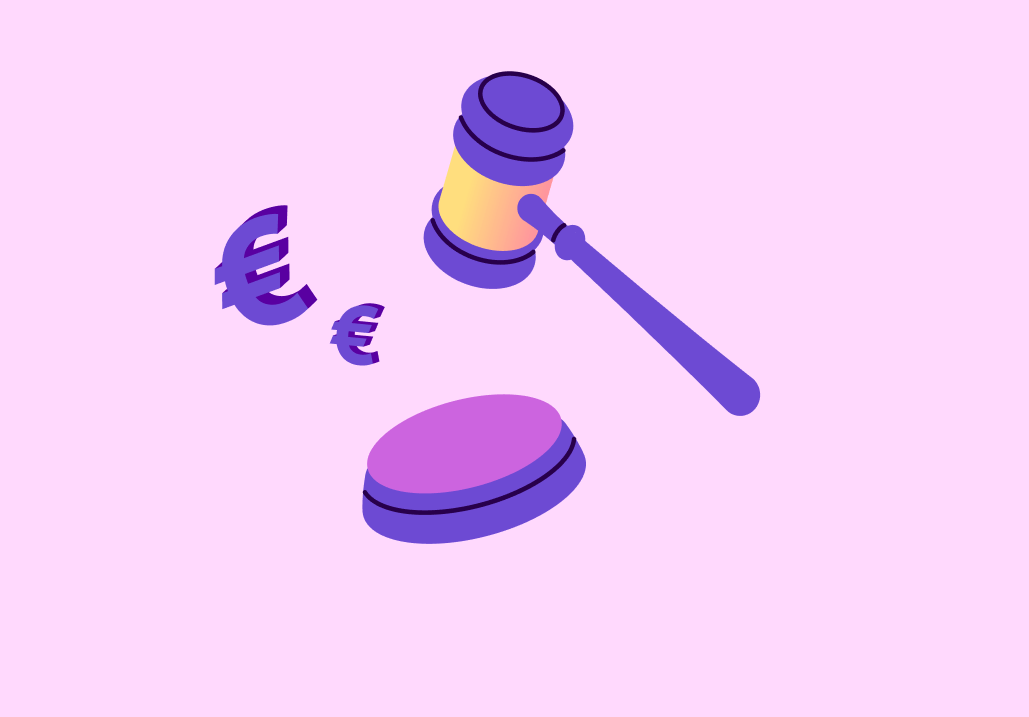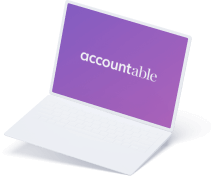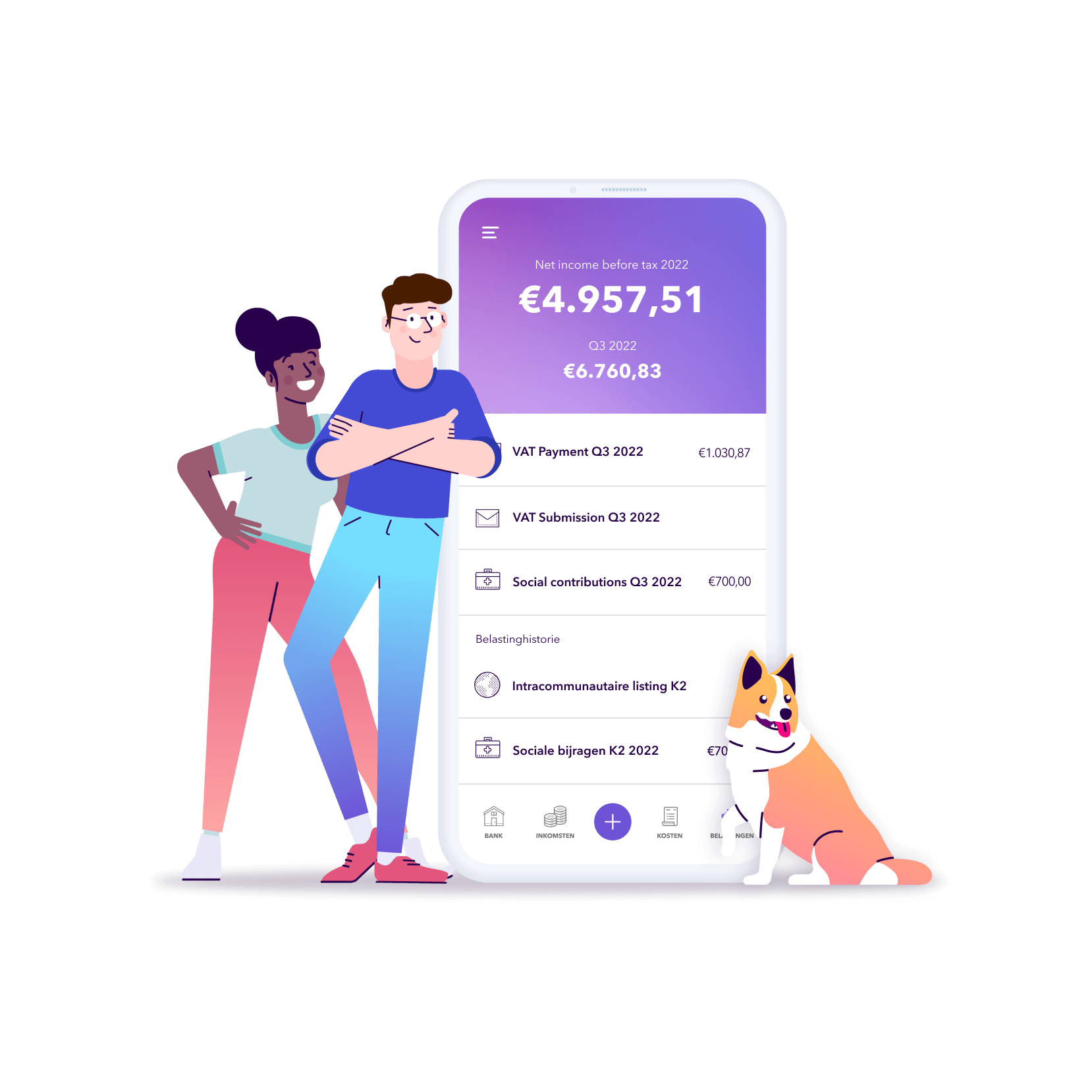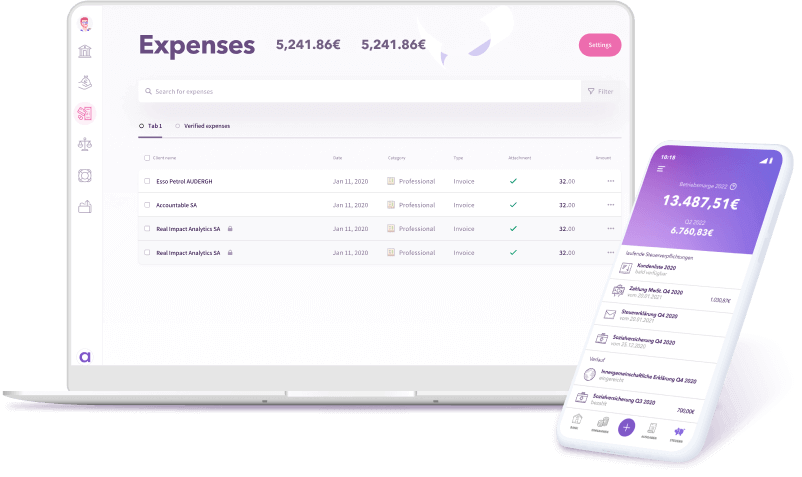
Outstanding invoices? These are your options as a freelancer in Germany.
Read in 4 minutes
You work, provide a service or sell goods. After that, you issue a proper invoice. It’s that simple, right?
No, not always, I’m afraid. Your client still has to pay you for the service you provide. It is likely that you will meet a client who is unwilling to pay during your life as a freelancer. But that is no reason to despair: Your work, like any other, deserves to be paid.
In fact, even the survival of your self-employment could be at stake. But of course, it is never easy to claim money. That’s why we offer here a mini-guide that will help you navigate your options as a self-employed with client who are unwilling to pay.
When do you have to react?
As soon as possible: As soon as you get the information that the due date of an invoice has passed and you do not see any payment on your business account. If ten to fifteen days have already passed since the due date of the invoice and nothing has happened, it is high time to contact the client.
💡Tip from Accountable: If you send your invoices via our app, you will be automatically informed about due dates and payments. You can also initiate payment reminders directly in the app. You can also use our free invoice template to create legally correct invoices for Germany.
What is the best way to contact your client? The sustainability of your self-employment also depends on being paid on time. At the same time, the way you handle invoices and payment reminders will also influence your reputation as a freelancer. Ask yourself the right questions before you start the dunning or collection process to claim your money:
- What is your relationship with the client who has not (yet) paid you?
- Is he or she satisfied with your work so far?
- How important is he or she in your client portfolio?
- Do you want a long-term relationship with him or her?
Let the answers to these questions guide your approach.
1. In any case, start with a friendly reminder:
You can pick up the phone and call your client to clarify any misunderstanding. You can also decide to send an e-mail so that you can provide written proof. Make life easier for your client and clearly state in your message who you are and to which specific invoice you are referring.
In any case, at this stage it is too early to be too aggressive: it could simply be a “lapse” on the part of the client. Perhaps he has received the goods in the meantime and has encountered a problem. Maybe your invoice is incomplete. Encourage your client to contact you if he or she wants to give feedback.
With this first reminder you have the opportunity to show your client that you work professionally and are interested in a long-term relationship with him or her. Use this opportunity!
2. Your client does not respond? Now you should send a written notice (“Mahnung”).
Send a written reminder now – by letter or e-mail. This time you are more decisive and remind the client of the contractual agreements that have been accepted or, even better, signed beforehand. Also inform your client about possible interest. The reminder should contain the information that is also on the invoice. The easiest way to do this is to use the invoice template.
TIP 💡 Please do not mention at this point that this is a “1. Mahnung”. It only gives the impression that you are prepared to escalate the situation – which is not in your interest.
3. Still nothing? “Gerichtliches Mahnverfahren” (judicial dunning procedure) as a measure of last resort
If the payment period of 10 to 14 days set in your written notice (“Mahnung”) has expired, you can decide whether you want to claim any contractual penalties that may have been agreed upon by sending a 2nd and 3rd reminder (“2. Mahnung” and “3. Mahnung”) with shorter payment periods in each case. By the way, for business clients you may charge a “Mahnpauschale” of 40 Euro for reminders. In the last consequence you have the right to initiate a legal dunning procedure(“Gerichtliches Mahnverfahren”) to enforce your claim.
You do not necessarily have to send a 2nd or 3rd reminder to initiate these proceedings, because a business client is automatically in default 30 days after the due date and receipt of an invoice (this only applies to private consumers if it is mentioned in the invoice):
“The debtor of a payment claim is in arrears at the latest if he does not pay within 30 days of the due date and receipt of an invoice or equivalent payment schedule; this applies to a debtor who is a consumer only if these consequences have been specifically pointed out in the invoice or payment schedule.” (§ 286 Abs.3 BGB)
It is relatively easy to initiate this process and, if successful, the debtor must bear the costs incurred. Often the announcement of a legal dunning procedure (“Gerichtliches Mahnverfahren”) is sufficient for the defaulting client to come forward. However, if the debtor objects, it can take quite a while before the claim can be enforced. And of course only if the debtor is solvent.
The enforcement according to the “Gerichtliche Mahnverfahren” works as follows:
- Here you can apply online for an order for payment.
- Now a court formally examines the request for completeness and issues a dunning notice.
- The behaviour of the debtor determines whether the dunning procedure will end up in court. If the debtor does not object, the enforcement order follows. If there is no objection in this step either, the order is legally binding. If an objection is lodged, the order for payment procedure ultimately takes the parties to court
- The client has 14 days to lodge an objection after the court order has been served. After that you can still decide whether you want to pursue your claim in a lawsuit.
- If there is no objection, you can directly receive an enforcement order and have the claim enforced by a bailiff.
“Gerichtliches Mahnverfahren”? Bailiffs? Lawyers? Judicial or extrajudicial proceedings? It is up to you to decide how much time and money you want to invest in collecting your bill. You must decide whether you are prepared to take your client to court and jeopardise a business relationship. In any case, you will need some patience. Here’s a golden rule at the end: Don’t leave these issues lying around. The longer you hesitate, the less you will want to deal with them … and the less likely you are to get your money.
💡Tipp from Accountable: Claiming money on invoices is never easy. With our app you can send a payment reminder to the invoice recipient with just one click when the payment is due and has not been received. Plus: We remind you of unpaid invoices. 🙂
Did you find what you were looking for?
Happy to hear!
Stay in the know! Leave your email to get notified about updates and our latest tips for freelancers like you.
We’re sorry to hear that.
Can you specify why this article wasn’t helpful for you?
Thank you for your response. 💜
We value your feedback and will use it to optimise our content.








